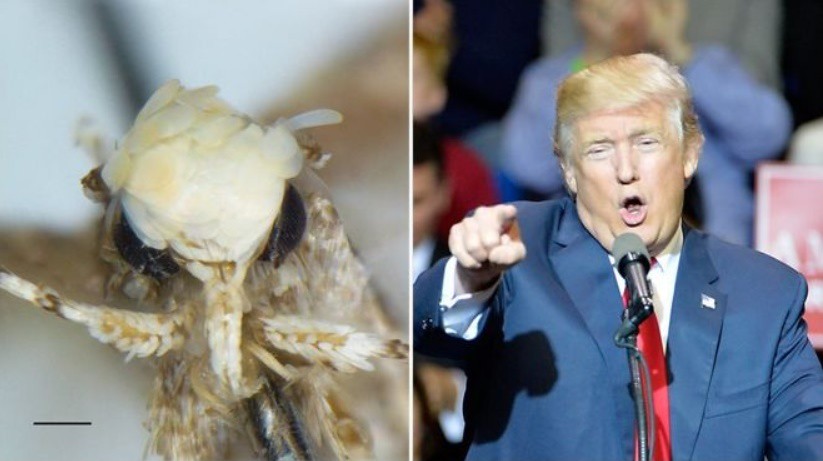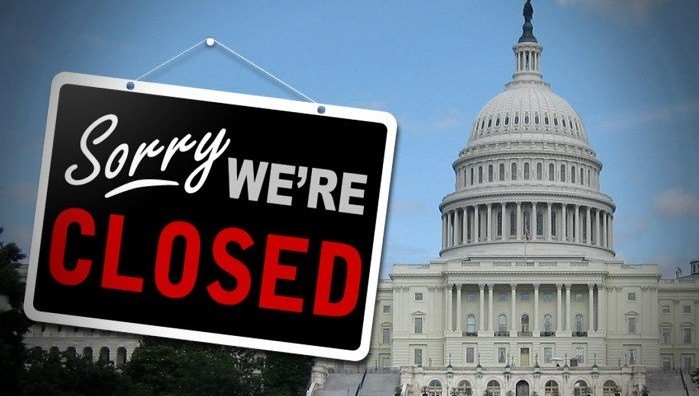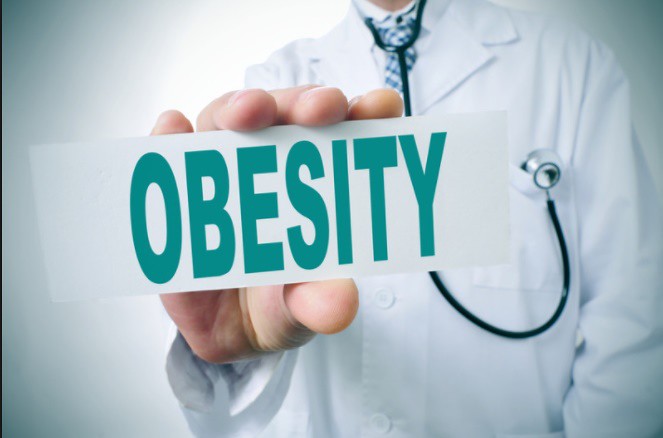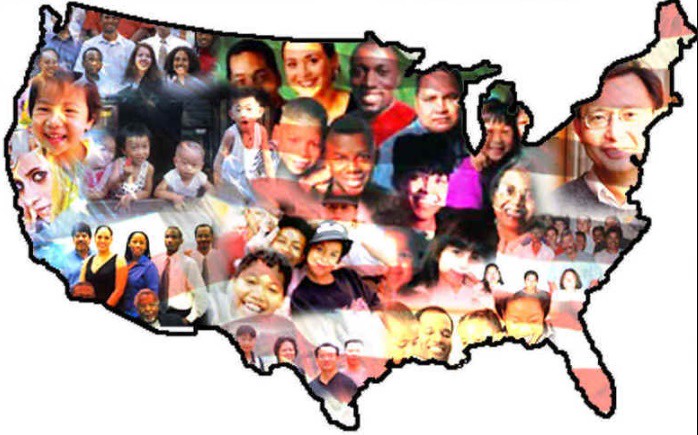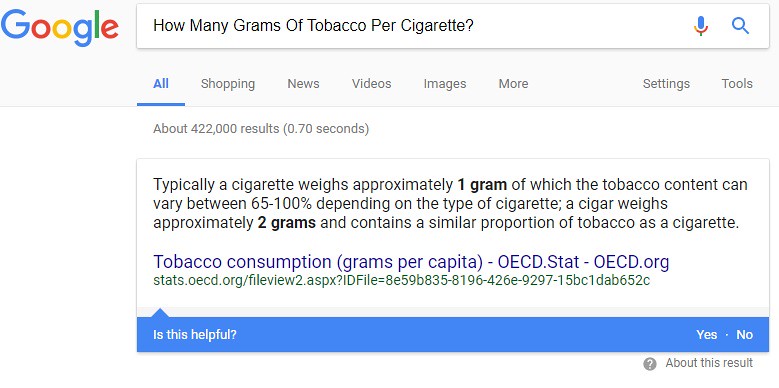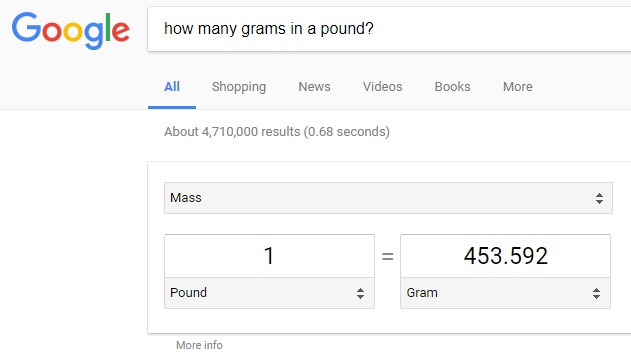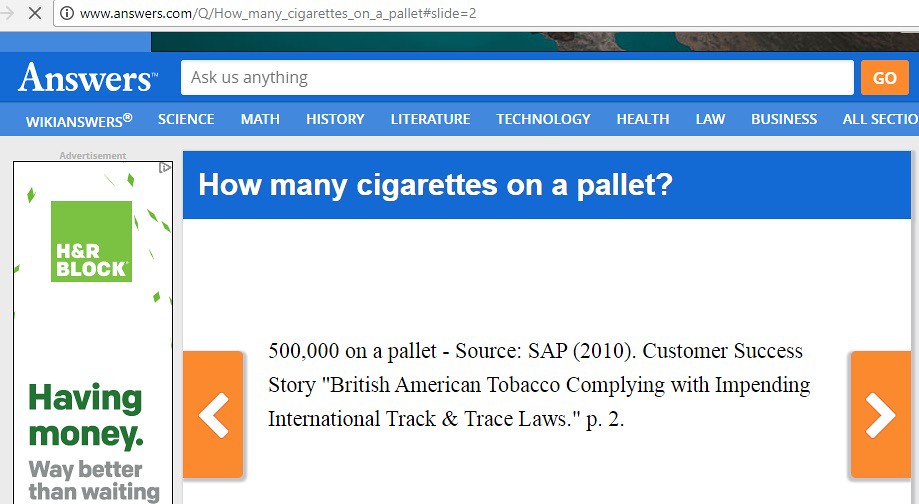I was thinking about this after reading the link between the "ideal gas law" commonly taught in chemistry and social networks in the excerpt below from the blog post titled "Complexity, emergent (social) phenomena, Asimov’s “Psychohistory”":
In his Foundation series, Asimov posited the concept of “psychohistory”, which, within this fictional world, used complex equations to predict the overall shape of future human history. Asimov had said that he had conceived of this idea as a way of applying the concept of the ideal gas law (PV=nRT, where P is pressure, V is volume, n is the amount of gas in moles, R is the universal gas constant and T is temperature) to humanity. While the ideal gas law cannot predict the movement or location of any individual gas atom, the law does predict how gases react to changes in pressure and temperature.So Asimov’s fictional concept was that you could do something similar with humans—you couldn’t predict what any individual person would do, but you could predict what collective Humanity would do; that individual actions wouldn’t have significant impacts on the collective pattern. And in Asimov’s fictional universe, this science’s founder, Hari Seldon, uses this to not only predict the fall of the Galactic Empire, but to chart out a shortened path to a new galactic renaissance.Chaos, though, demonstrated that individual actions do have significant impacts on the overall pattern—small changes in initial conditions increase in magnitude over many iterations. The “butterfly effect” has become the clichéd image of this idea—the beating of a single butterfly’s wings creates changes in atmospheric currents that become amplified over time into a massive storm.But where things get interesting is in the study of complexity—self-organization “on the edge of chaos”—that there are nonlinear systems that, rather than being entirely chaotic, form self-organizing patterns and structures. These phenomena include (among others) human social interactions, economics, social (in person and online) networks, and collective behavior patterns. M. Mitchell Waldrop defined this as, “where the components of a system never quite lock into place, and yet never quite dissolve into turbulence, either… the one place where a complex system can be spontaneous, adaptive, and alive.” [Waldrop, Complexity, 1992, page 12.]
The fundamental assumptions on which the 'ideal gas law' operate on are the following: 1) Gas molecules are 'point particles' and 2) Gas molecules do not interact with one another. Any system which operates on the laws of 'ideal gas law' are characterized by 'bulk properties' or 'collective properties'.
The 'ideal gas law' breaks down where the particles start to interact with one another. Meaning that gas molecules start to have collisions where molecules might 'stick' temporarily to one another or 'elastically' bounce off one another. The two assumptions listed above prevent any 'ideal system' from becoming 'chaotic'. In the sense that, comparing the ideal gas law to behavior of individual actions to large-scale outcomes is correct.
Although, I would suggest that in the society in which we live today with the advent of social media, the line delineating individual versus bulk phase (or collective) properties is diminishing. Meaning, videos and social media posts have gone viral to actually have a 'collective effect'. Especially as shown on the 'individual' or 'chaotic' level. In fact, the meddling of 'bots' with various Facebook posts presents a challenge to the difference highlighted above.
Last but not least, just today, a story broke in 'The New York Times' titled "Amazon, Berkshire Hathaway and JPMorgan Team Up to Disrupt Health Care" with the announcement that three major corporations are joining forces to create a healthcare system:
SEATTLE — In a sign of just how fed up corporate America is with the country’s expensive and often confusing health care system, three behemoths — Amazon, Berkshire Hathaway and JPMorgan Chase — announced on Tuesday that they would form an independent health care company for their employees in the United States.The news added further uncertainty to an industry already reeling from attempts by new players to attack a notoriously inefficient health care system. The lines between traditionally distinct sectors, such as pharmacies, insurers and providers, are increasingly blurring.CVS Health’s deal last month to buy the health insurer Aetna for about $69 billion is just one example of the shifts underway. Amazon’s potential entry into the pharmacy business is also reverberating.The three companies provided few details about the new entity, other than saying it would initially focus on technology to provide simplified, high-quality health care for their employees and their families, and at a reasonable cost.
On a corporate level, here is an example of three corporations (three individual corporations) having a 'chaotic effect' on the stock market with this announcement today. Of course, one could argue that the total number of employees is around 1 million between the three companies. Therefore, individual actions are 'collective' in this case. Nevertheless, just like the ideal gas law has boundaries where the breakdown exists, the news above is an example of such a situation.
Conclusion...
When discussing 'collective' properties of a system, thinking in terms of 'ideal gas behavior' is appropriate. Although, when looking at the world in a 'democratic viewpoint' is to view the world at the boundary between chaotic behavior and bulk phase properties. Which remains to be very well defined and studied at the moment. With the advances in technology developing rapidly, the boundary or 'range' as I like to call it will be better defined and studied to yield differences. Collective properties are easily measured, whereas individual contributions are difficult to measure. Merging the two is a great place to head toward.
More blog posts:
Thoughts: Arnold Schwarzenegger Gets A Fly (Insect) Named After Him
Thoughts: Trump Administration Realizes Renewable Energy Is Here To Stay?
Thoughts: How Does A Government Shutdown Indirectly Affect The American People? Two Examples
Parameters: Obesity Short Circuit Discovered Leads To Overeating
Thoughts: Florida Gets Offshore Oil Drilling Ban - Why Not Pacific Coast Too?

